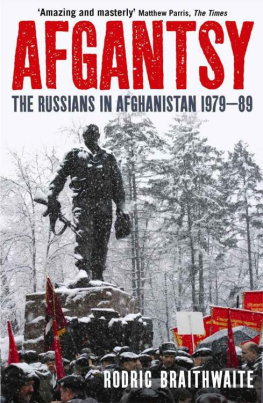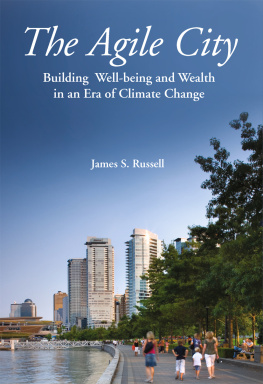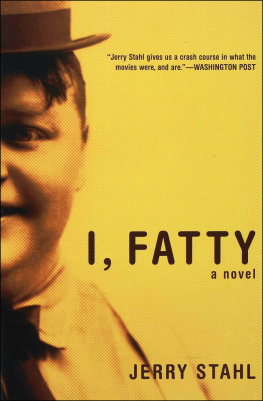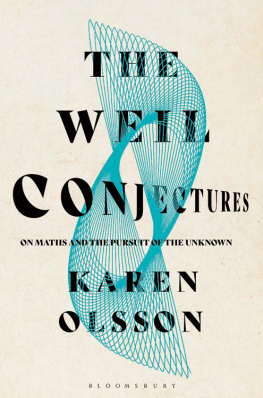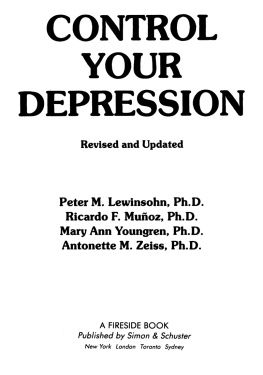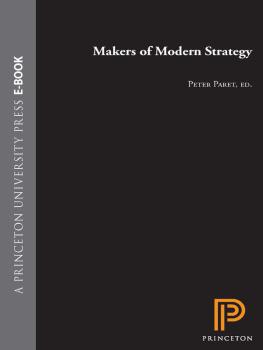ARMAGEDDON AND PARANOIA
Sir Rodric Braithwaite is a former British diplomat and author whose long Foreign Office career took him to Indonesia, Poland, Italy, America and Russia. He was British Ambassador in Moscow during the fall of the Soviet Union, about which he wrote in Across the Moscow River (2002, Yale). He was subsequently foreign policy adviser to the Prime Minister, John Major, and Chairman of the Joint Intelligence Committee. He is author of Afgantsy: The Russians in Afghanistan, and Moscow 1941, a bestseller translated into nineteen languages.
ALSO BY RODRIC BRAITHWAITE
Across the Moscow River
Moscow 1941
Afgantsy
ARMAGEDDON AND
PARANOIA
THE NUCLEAR CONFRONTATION
RODRIC BRAITHWAITE

First published in Great Britain in 2017 by
Profile Books Ltd
3 Holford Yard
Bevin Way
London WC 1 X 9 HD
www.profilebooks.com
Copyright Rodric Braithwaite, 2017
The moral right of the author has been asserted.
All rights reserved. Without limiting the rights under copyright reserved
above, no part of this publication may be reproduced, stored or
introduced into a retrieval system, or transmitted, in any form or by any
means (electronic, mechanical, photocopying, recording or otherwise),
without the prior written permission of both the copyright owner and the
publisher of this book.
A CIP catalogue record for this book is available from the British Library.
eISBN 978 1 78283 291 1
For Jill.
Unchanged.
Everywhere.
Is there either logic or morality in believing that if one side threatens to kill tens of millions of our people our only recourse is to threaten killing tens of millions of theirs?
Ronald Reagan, Second Inaugural Address, January 1985
I too was involved in the remarkable scientific and engineering achievements which enabled humanity to master a practically inexhaustible source of energy. But I am no longer certain that humanity has matured enough to manage that energy.
Yuli Khariton, Director of the Soviet weapons programme, 1995
CONTENTS
PROLOGUE
THE SWORD OF DAMOCLES
Every man, woman and child lives under a nuclear sword of Damocles, hanging by the slenderest of threads, capable of being cut at any moment by accident, or miscalculation, or by madness. The weapons of war must be abolished before they abolish us.
John F. Kennedy, 1961
NATE: How can you live like that? I mean, what if you found out you were going to die tomorrow?
BRENDA: Ive been prepared to die tomorrow since I was six years old.
NATE: Well, why since you were six?
BRENDA: Cause I read a report on the effect nuclear war would have on the world and it was pretty clear to me at that point that this was definitely going to happen.
NATE: When you were six?
BRENDA: And I wake up every day pretty much surprised that, um, everythings still here.
NATE: Well, I dont understand how you can live like that.
BRENDA: Well, I thought we all did.
Six Feet Under, American TV comedy, 20015
On 8 August 1945 I was travelling on a train with my parents to our summer holiday when I read in the Times newspaper that Hiroshima had been wiped out by an atomic bomb two days earlier: Official reconnaissance photographs of Hiroshima show clearly that four and one-tenth square miles of the city, of a total area of almost seven square miles, were completely destroyed by one atomic bomb, said the report. Destroyed is the word used officially, but it appears that obliterated might be a better word.
Three days later, a second bomb destroyed another Japanese city. Sitting in the Conservative Partys leather-upholstered Carlton Club, John Watson wrote to the editor of The Times: Now that the dust that was Hiroshima and Nagasaki is subsiding, there must be countless men and women [able to] observe in its stark reality the unparalleled horror that is being perpetrated in their name Two great cities and all who lived within them have been deliberately seared from the earth. Posterity would condemn those who had first used atomic power for such a purpose. It was the most dreadful precedent in the history of mankind.
Germany was as comprehensively destroyed by war as Japan. The Soviet Union lost far more people, Poland and Yugoslavia a far larger proportion of their people.
Yet the nuclear destruction of Hiroshima and Nagasaki did usher in a new era, despite the lingering feeling among some that the atomic bomb was just another weapon, different in degree but not in kind from the weapons of war that mankind had used throughout history. From that moment politicians and ordinary people alike even in the nominally atheistic Soviet Union began to use an old-fashioned language to speak about the new world. They talked of God and the Devil, of Apocalypse and Armageddon, and of the final confrontation between Good and Evil. Statesmen and commentators around the world hurried to agree that the atomic weapon would have to be banned if humanity were not to destroy itself. Some kind of world government would have to be set up to enforce the ban.
It did not happen, of course. The paranoia, the poisonous ideological fervour, the mutual demonisation with which the Soviet Union and its Western allies regarded one another, had been masked by the need to preserve a common front against Hitler. Now it broke out into the open. Neither the Americans, nor the British, still less the Russians, were prepared to be blackmailed by an opponent brandishing a bomb. Within the three governments, intelligent, decent and honourable men (there were very few women) planned the weapons and the systems that would enable them to wipe one another out at a blow. It was hard to argue that what they were doing was either rational or moral.
It was not that the politicians were unaware of their appalling responsibility. They hoped to deter war by making it clear to their adversary that any nuclear attack would inevitably be met by an equally destructive counterstroke. They called it deterrence, a policy of Mutually Assured Destruction, or MAD. Their critics sneered at the acronym.
There was not much that ordinary people could do about it. Some protested, without much effect. Others agreed with their governments that if the other fellow had the bomb they had to have it too. Most got on with their lives, like the inhabitants of Pompeii, and hoped the volcano would never blow up. As Fred Ikl put it before he became a hawkish Under Secretary in Ronald Reagans Pentagon: We all turn away from the thought that nuclear war may be as inescapable as death, and may end our lives and our society within this generation or the next.
From time to time governments skirted catastrophe; but when it came to the crunch, they always stepped back. Despite their mutual suspicion, they tried to reach out to their adversaries to find ways of taming the monster. Mikhail Gorbachev and Ronald Reagan eventually found the political courage and the imagination to end the confrontation. In 1994 Presidents Clinton and Yeltsin agreed that their missiles would no longer be targeted against one another: a symbolic gesture to mark the formal end of nearly fifty years of hair-trigger confrontation. The prospect of Armageddon receded. But it did not disappear.
At the height of the Cuban missile crisis in October 1962 I went into the Foreign Office each morning wondering if I would see Jill and my children again. Some people were more phlegmatic. When a BBC reporter asked one woman arriving at Charing Cross station what she thought of the crisis, she replied, Im sorry, dear, I dont know. Im only up in London for the day.


